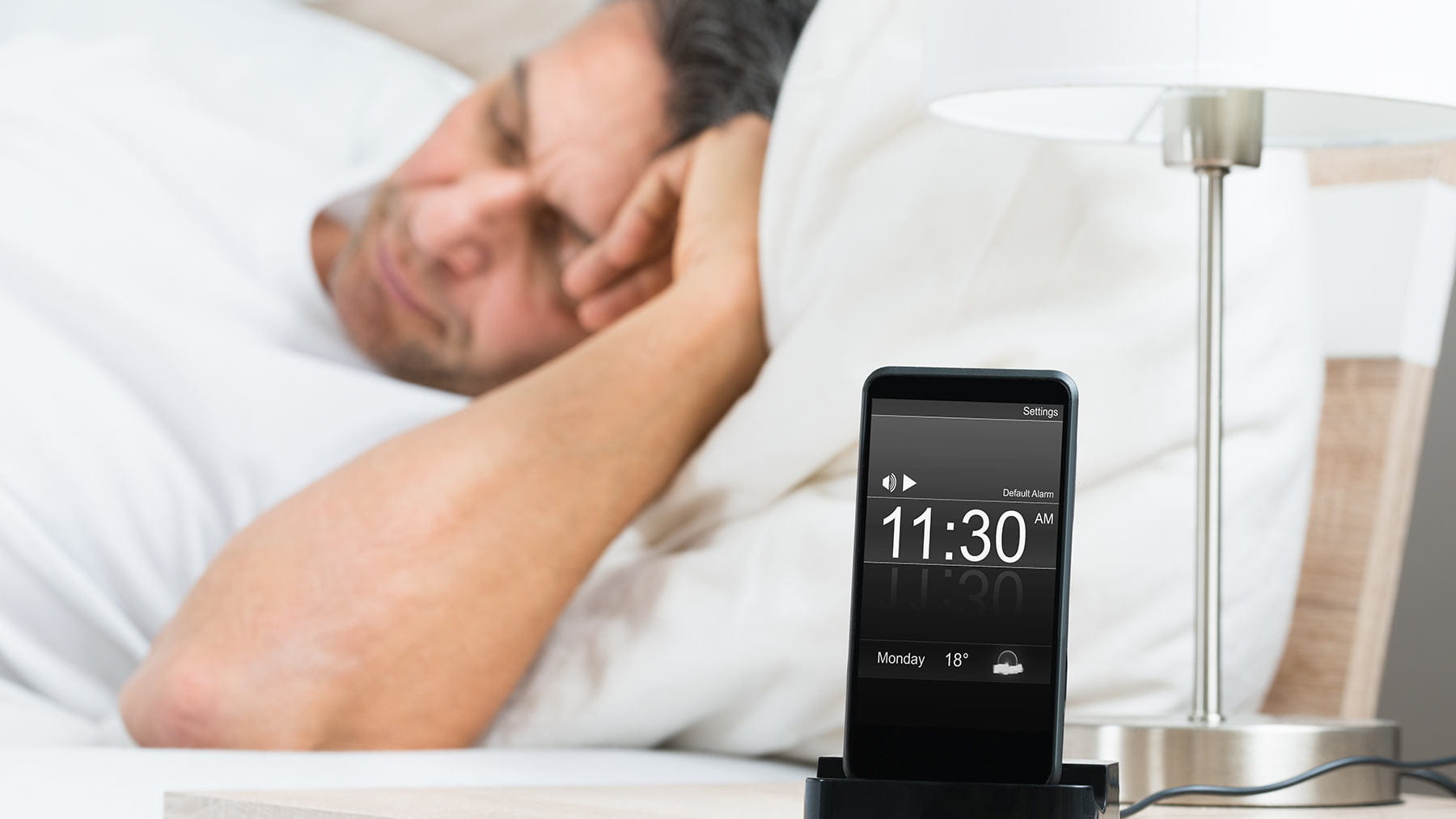Can weekend ‘catch-up’ sleep cause weight gain?
 You’ve probably done this before – maybe as recently as this past weekend.
You’ve probably done this before – maybe as recently as this past weekend.After scrimping on sleep during the workweek, you decide to sleep in in an effort to “catch up” on the ZZZZZ’s you missed earlier in the week. But this strategy may leave you more than just tired.
A study funded by the National Heart, Lung and Blood Institute (NHLBI) found that weekend “catch-up” sleep is linked to an increased risk of weight gain.
What did the study find?
Researchers closely monitored the food intake, light exposure and sleep patterns of 36 healthy adults ages 18 to 39 who stayed in a sleep laboratory for two weeks.
After baseline testing, the study participants were divided into three groups. The first group was allowed plenty of time to sleep -- nine hours each night for nine nights. The second group was allowed five hours per night over that same period. The third group slept no more than five hours nightly for five days, followed by a weekend during which they could sleep as much as they liked before returning to two days of restricted sleep.
Researchers found that those who didn’t get enough sleep during the week and engaged in weekend ‘catch-up’ sleep gained weight. They also showed a 27% lower insulin sensitivity, which is a risk factor for type 2 diabetes.
Why is this cause for concern?
About a third of adults don’t get enough sleep, and this study shows it’s likely contributing to increasing rates of obesity in the United States. “Catch up” sleep is a common way of managing insufficient sleep during the week, and this study adds to the belief that it’s not equivalent to getting adequate sleep on a daily basis.
Related: Are you waking up in the middle of the night?
According to this research, having an inconsistent sleep schedule throughout the week can delay the timing of your internal circadian clock, and can cause stress that leads to metabolic abnormalities, such reduced insulin sensitivity.
How much sleep do we need each night?
As with many things in life, that depends. Some people require at least eight or more hours of sleep each night, while others feel fine with six or seven hours of shuteye nightly. The important thing is to listen to your body to figure out the ideal number of hours of sleep you need on a daily basis. The National Sleep Foundation currently recommends seven to nine hours of sleep for adults.
Practicing good sleep hygiene by avoiding the blue-light emitted from electronic devices such as phones, tablets and TVs at least an hour before bedtime can lead to better, more restful sleep.
It’s important to try to be consistent with your sleeping schedule throughout the week, which means waking up and going to bed at the same time every day, no matter if it’s a weekday or weekend.
Lawrence Chan is a pulmonary, critical care and sleep physician at The Ohio State University Wexner Medical Center.




